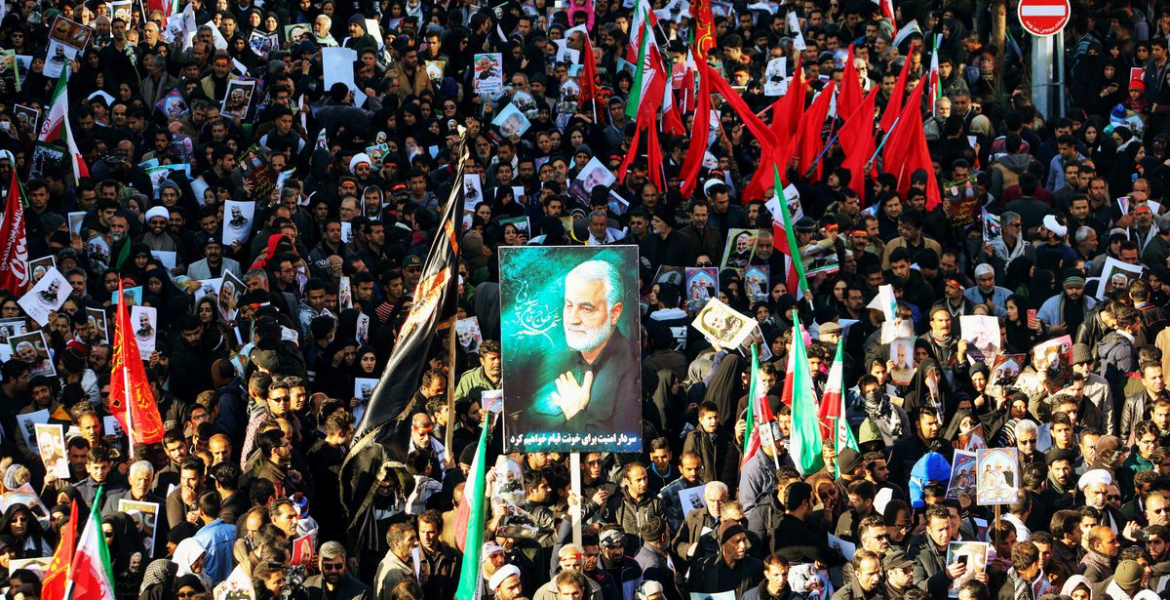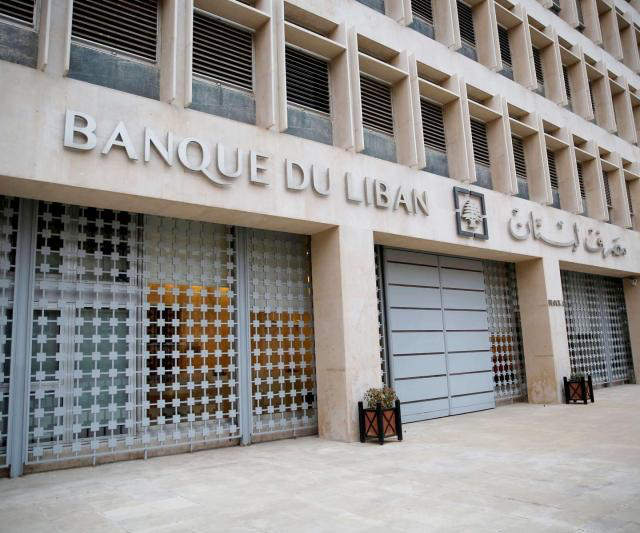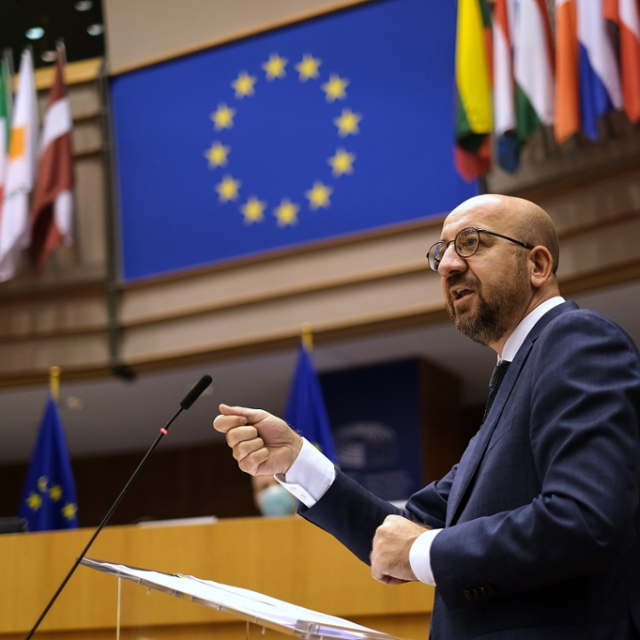Leading European figures have called for stepped-up European de-escalation efforts in the Middle East, following a series of attacks in Iraq that have culminated in the killing of Qassem Suleimani and missile attacks against US airbases.
The UK foreign policy think-tank, the European Council on Foreign Relations (ECFR), published a statement calling on European governments to step up pro-active efforts aimed at de-escalating tensions in the Middle East.
Signed by leading figures of the European political sphere – including the former Swedish prime minister, Carl Bildt; the former French ambassador to the US, Jean-David Levitte; recent UK Foreign Office minister, Alistair Burt ; and the ex-secretary general at NATO, Javier Solana – the statement notes that the Middle East is facing a moment of acute peril, with core European interests related to regional stability, ISIS and the preservation of the Iranian nuclear deal directly at risk.
It argues that Europeans cannot afford to be bystanders in unfolding developments.
As European foreign ministers prepare to meet in Brussels, on Friday, they must urgently chart a more active path, adopting tangible measures that help de-escalate tensions before it is too late.
Immediate measures should include:
- Urgently positioning European states as active mediators to de-escalate tensions. Close ongoing dialogue with the US government, as well as an invitation from Josep Borrell to Iranian foreign minister Javad Zarif to visit Brussels, should represent elements of an energetic, high-level diplomatic effort to press both sides to avoid further escalation, including pressing Tehran to immediately restrain its response.
- EU member states should find arrangements with the Iraqi government to maintain elements of the European counter-ISIS presence in Iraq. Despite heightened security concerns, demonstrated by the recent Iranian missile attacks, Europeans should explore means of providing some ongoing support for this important mission. In parallel, a rapid joint visit to Baghdad by Borrell and a number of Europeans foreign ministers – as well as the appointment of an empowered EU special envoy for ongoing anti-ISIS efforts – should be used to operationalize an ongoing European role.
- The High Representative of the European Union for Foreign Affairs and Security Policy (HRVP) should convene a Joint Commission meeting at foreign ministerial level to contain a nuclear proliferation crisis, which remains at the heart of European regional engagement. While Iran has ceased to comply with the JCPOA, it has stressed that its steps are reversible if existing parties can provide it with economic relief.
- With the UAE and Saudi Arabia now calling for de-escalation, European governments should coordinate their approaches with these key regional states, especially in terms of pressing Washington to genuinely invest in a diplomatic solution to the crisis, but also to protect narrow recent diplomatic openings in Yemen.




